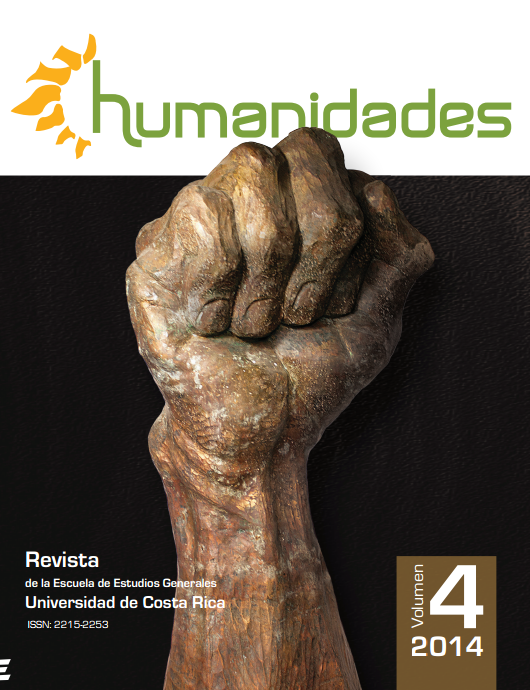Abstract
This paper tries to explain the broad outlines of the thought of Nicolás Maquiavelo, in order to establish his amoral thinking and how through categories of analysis tries to explain his thinking around policy and the recognition of the new stage in Europe, is beginning to take shape with the emergence of the modern State, and you want to frame this theoretica l approach to the end, discovered at that thought, in overt form are ethical elements, which are not discovered in their own thinking, but in his behavior as a person, and by the historical moment that you live in Italy.References
Aristóteles. (2010). La Política. Madrid: Editorial Mestas ediciones.
Agustín de Hipona. (1988). La Ciudad de Dios. Madrid: Biblioteca de Autores Cristianos
Bois, Guy. (1991). La Revolución del año mil. Barcelona: Editorial Crítica.
Burke, Peter. (2000). El Renacimiento en Europa. Barcelona: Editorial Crítica.
Forte, Juan. (2011) Maquiavelo el arte del Estado. Madrid: Editorial Gredos.
Giglioli Geovanna. (1990). La Revolución teórica del Príncipe de Maquiavelo. En Revista de Filosofía de la Universidad de Costa Rica, Vol. 28, números 67-68, San José: Editorial UCR.
Maquiavelo. (2011). El Príncipe. Madrid: Editorial Gredos
___________. (2011). Discursos Sobre la Primera Década de Tito Libio. Madrid: Editorial Gredos.
___________. (2011). El Arte de la Guerra. Madrid: Editorial Gredos.
Platón. (2008). La República. Madrid: Editorial Nueva Acrópolis.
Rousseau, Jean Jacques. (1996). El Contrato Social. San José: Editorial Educa.
Santo Tomás de Aquino. (1988). Suma Contra los gentiles. Madrid: Biblioteca de Autores Cristianos.
____________________. (2001). Comentarios a libros de Aristóteles. Pamplona: Editorial EUNSA.
Ullmann, Walter. (1965). La Historia del pensamiento político en la Edad Media. Madrid: Editorial Ariel.


